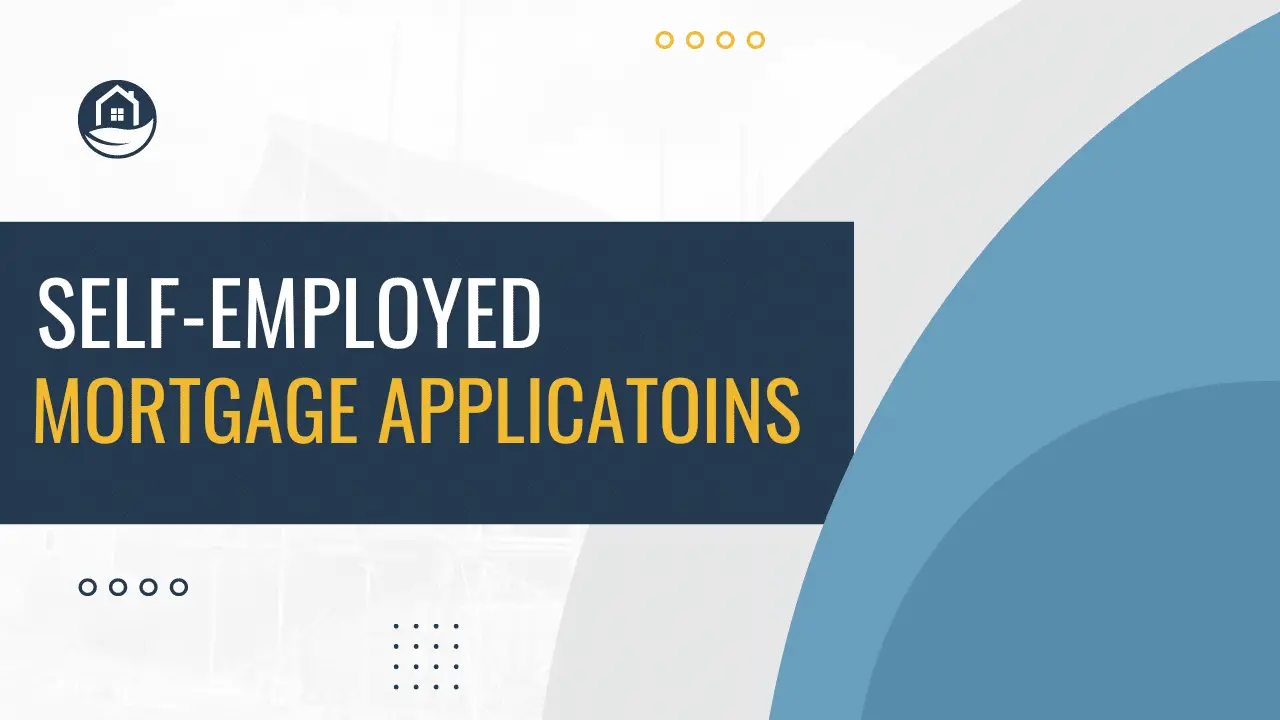Are you working in the gig economy and utterly confused about what to do about your taxes? Do you have a 9-5 job and make some additional income from a side hustle?
In this blog post, we will be looking through what the tax implications are for those working in the gig economy and those with side hustles and how you can stay tax compliant.
It is becoming more and more common for people to look to the gig economy to either earn a living or additional income to supplement their fulltime job. This space is often filled with many of those looking to escape the Irish rat race and get some freedom from the 9-5 living.
The facts are there; it can be quite lucrative for people to move into the gig economy.
The Ireland’s Project Economy research from Trinity Business School and Contracting PLUS found that contractors in the gig economy earn 56% more than equivalent employees.
What should people with Side Hustles do?
The very definition of a side hustle or a side income means that it is something that you do in addition to your regular day job.
How you report your taxes to the Revenue Commissioner will depend on just how much income you make from your side hustle.
If you earn a profit (net of expenses) of €5k or less from your side hustle; in the eyes of the Revenue Commissioner you are a non-chargeable person. To be considered non-chargeable, your gross revenue from the side hustle must also be below €30k per annum.
Just for clarification, the classification as being a non-chargeable person does not mean you will pay no taxes – it just means you will have a much simpler process to go through when reporting the income.
You can simply declare this income in a Form 12 or its online alternative via your ‘My Account’ on Revenue.ie. The deadline to report this income will be 31 October of the year following the income being earned.
The taxes are fairly straight forward, your side hustle income will be added to your regular PAYE income as part of this assessment, and you will need to then pay any PAYE, USC and PRSI that is due on your additional taxes due.
If you earn a profit (net of expenses) of more than €5k, then you will have the classification as a chargeable person, which means you must register for income tax and you are essentially someone who is self employed.
The relevant form in this case is the Form 11, which also must be submitted by 31 October in the year following the side hustle income being earned.
This form can be a bit more onerous a task to complete, and you may need the assistance of an accountant if you are not familiar with all of its terminology.
I work fulltime in the gig economy, what should I do?
If you work fulltime in the gig economy and have no taxes deducted from your income at source, then you must register for income tax and become a self assessed individual, similar to how a sole trader would operate.
Again, the relevant form in this case is the Form 11, which also must be submitted by 31 October in the year following the side hustle income being earned.
A Change Could be on the Way for Gig Economy Workers
The EU is looking to make a move to give certain gig economy workers more rights. Essentially, it could lead to gig economy workers for the likes of Deliveroo being given the status and rights of employees, rather than being considered self-employed.
While nothing has been passed into law yet, if this EU proposal were to ever be put into place in Ireland, it will likely see some companies collecting taxes on behalf of their workers and passing this on to the Revenue Commissioner and would result in changes to the tax reporting of many gig economy workers.
Disclaimer: This blog post is for informational and educational purposes only and should not be construed as financial advice.







